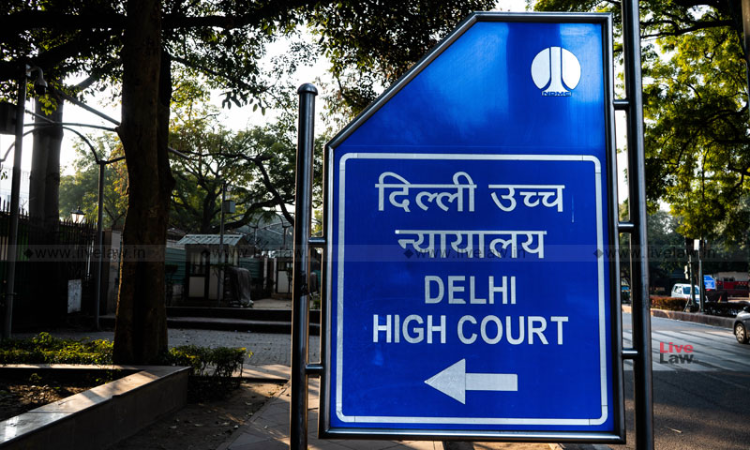Hyperlinking Of Defamatory Article Can Attract Liability As Republication In Some Cases : Delhi High Court
Nupur Thapliyal
27 March 2025 5:28 PM IST

Next Story
27 March 2025 5:28 PM IST
The Delhi High Court has passed a ruling adjudicating the question as to when will hyperlinking of a publication would amount to republication.“If the hyperlinking of a publication is done in a manner in which it refers to the content that conveys defamatory meaning, not because a reference was created, but because, if understood in context, it actually expressed something defamatory, then...
